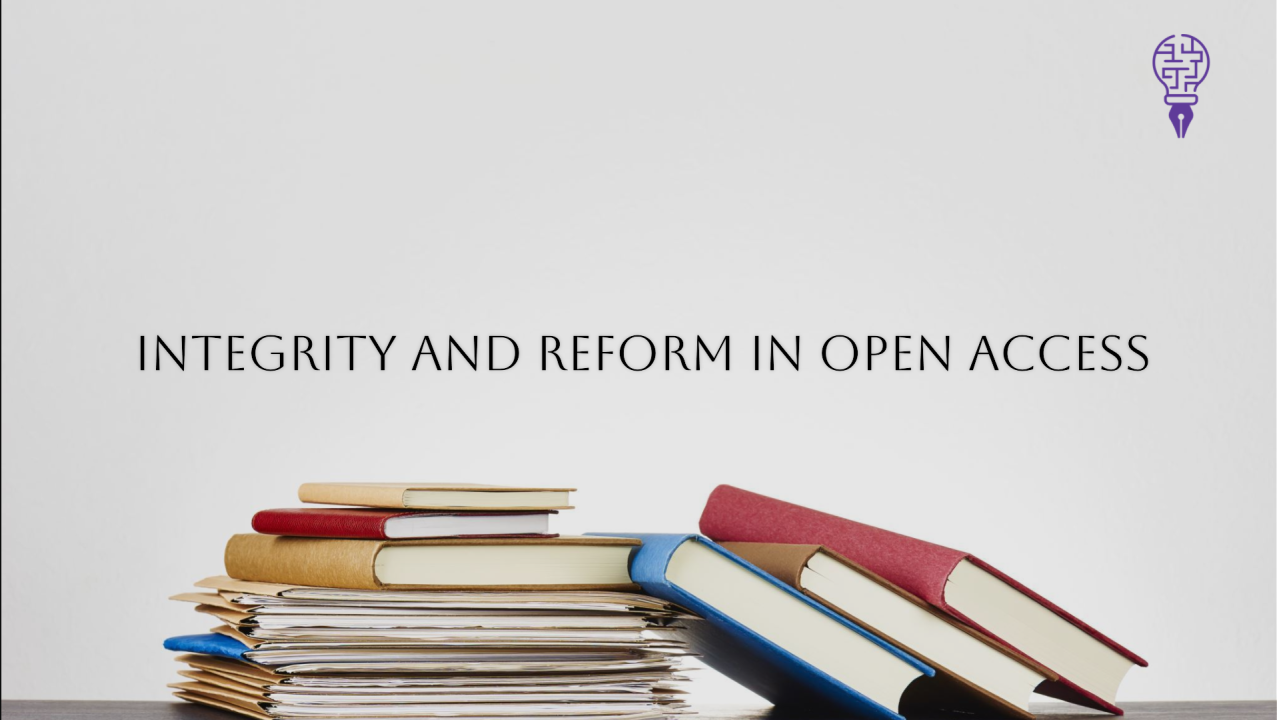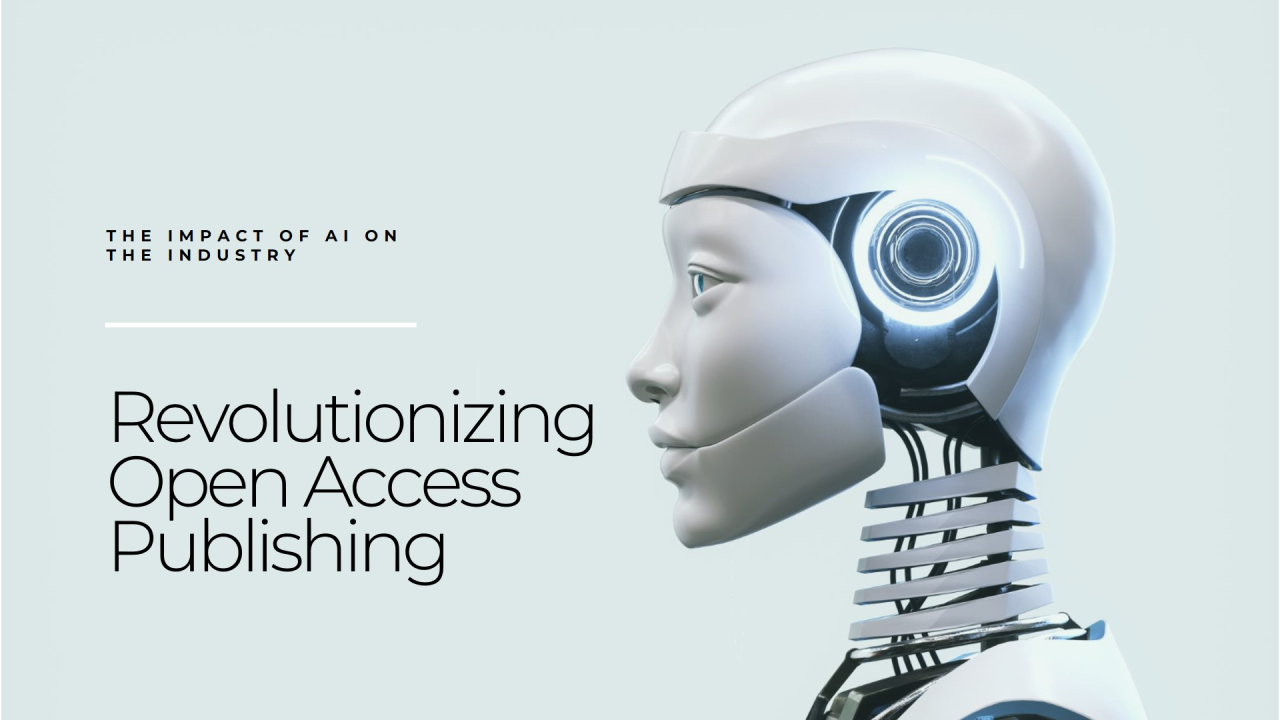CURRENT ISSUE
No Current Issue
Sustainable Food Systems
Sustainable Food Systems: Innovations in Circular Economy, Waste Reduction, and Eco-Friendly Technologies
Introduction
As the global population grows, sustainable food systems are critical to ensuring food security, environmental conservation, and economic viability. With challenges such as climate change, resource depletion, and food waste, the food industry is shifting towards eco-friendly solutions, circular economy models, and sustainable production practices.
This category explores sustainability-driven innovations in food production, waste management, and resource efficiency, shaping the future of environmentally responsible food systems.
Key Areas of Research
1. Circular Economy in the Food Industry
The circular economy model aims to reduce waste, maximize resource efficiency, and promote sustainability in the food sector. Key focus areas include:
- Food Waste Valorization – Transforming food waste into biofuels, animal feed, and compost.
- Byproduct Utilization – Repurposing food industry byproducts (e.g., fruit peels, coffee grounds) into functional ingredients.
- Zero-Waste Food Processing – Minimizing waste generation through innovative production methods.
- Resource Recovery and Recycling – Sustainable water and energy management in food production.
2. Sustainable Agriculture and Climate-Smart Farming
Sustainable agriculture focuses on minimizing environmental impact while maintaining productivity and food quality. Research explores:
- Agroecology and Regenerative Agriculture – Enhancing soil health, biodiversity, and crop resilience.
- Climate-Smart Farming – Using AI and IoT technologies for precision irrigation, fertilization, and pest control.
- Organic and Low-Impact Farming – Reducing chemical inputs while improving soil fertility and crop yield.
- Water-Efficient Agriculture – Sustainable irrigation methods such as drip irrigation and hydroponics.
3. Food Waste Reduction and Supply Chain Sustainability
Reducing food waste is essential for environmental sustainability and economic efficiency. Key areas include:
- Food Loss Prevention in Supply Chains – Cold chain optimization and improved logistics for perishable goods.
- Smart Packaging Solutions – Active packaging, biodegradable materials, and extended shelf-life technologies.
- Consumer Behavior and Food Waste Reduction – Educational campaigns and policy initiatives to minimize household waste.
- Upcycled Foods and Sustainable Product Development – Repurposing surplus food into innovative consumer products.
4. Alternative Proteins and Sustainable Diets
With the rising demand for ethical and sustainable food choices, alternative proteins and plant-based diets are gaining traction. Research covers:
- Plant-Based Meat and Dairy Alternatives – Innovations in texture, taste, and nutritional profile.
- Cultured Meat and Cellular Agriculture – Lab-grown meat as a sustainable alternative to conventional livestock farming.
- Insect-Based Proteins – Exploring the role of edible insects in food security and nutrition.
- Sustainable Seafood and Aquaculture – Ethical fishing practices and eco-friendly aquaculture systems.
Challenges and Future Directions
Despite advancements, the transition to sustainable food systems faces challenges such as:
- Scaling Sustainable Innovations – Integrating eco-friendly practices into mainstream food production.
- Regulatory and Policy Barriers – Aligning sustainability initiatives with global food safety and trade regulations.
- Consumer Acceptance and Market Trends – Encouraging widespread adoption of plant-based and sustainable food choices.
- Climate Change Impact – Adapting food production to extreme weather conditions and resource scarcity.
Future research aims to enhance sustainable food innovation through AI, blockchain for traceability, and advanced climate adaptation strategies.
Why This Research Matters
Advancing sustainable food systems is essential for:
- Reducing Environmental Impact – Lowering carbon emissions, conserving water, and minimizing waste.
- Enhancing Food Security – Ensuring long-term access to safe and nutritious food.
- Improving Economic Sustainability – Supporting farmers, food manufacturers, and supply chain stakeholders.
- Promoting Ethical and Responsible Consumption – Encouraging sustainable food choices among consumers.
The shift toward sustainable food systems is reshaping the global food industry, with circular economy models, waste reduction strategies, and eco-friendly technologies at the forefront.
NUTRA invites researchers, policymakers, and industry leaders to contribute cutting-edge research that supports a sustainable and resilient food future.
Submit your research today and be part of the global movement toward sustainable food innovation!















